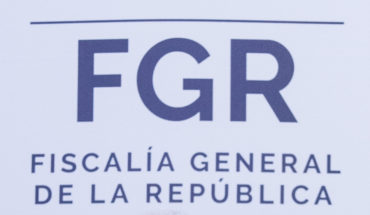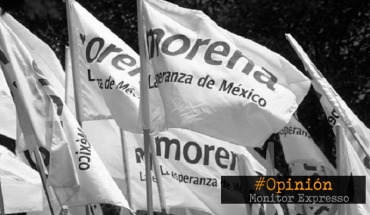
A judge from Australia left the trial on the extradition petition of Chilean Adriana Rivas, former secretary of Manuel “Mamo” Contreras during the dictatorship, to be sent for sentencing, following a unique hearing held today.
Judge Philip Stewart of the New South Wales State Local Court held the hearing on 27 July to announce his ruling, according to Efe, lawyer Adriana Navarro, legal representative of a group of relatives of the victims of the former Pinochetist agent.
The hearing, in which Rivas appeared by video conference from a prison on the outskirts of Sydney by the COVID-19 pandemic, focused on “technical” issues and the “objections” filed by Rivas’s defense on the authenticity of the documents filed in the extradition request and arrest warrants, among other documents, Navarro explained.
Seven missing
Chile made its request for extradition of Rivas originally in 2014, although it later had to be modified several times, for the cases of seven detainees and missing members of the Communist Party of Chile in the 1970s.
The victims are part of the “Conference I and II” cases, two clandestine operations undertaken in 1976 to remove the dome of the Communist Party of Chile, as well as the annexed case of Reinalda Pereira’s death, as explained by the lawyer to Efe.
These operatives would have participated in the Lautaro extermination brigade of the secret police of Pinochet, of which he was allegedly part of Rivas, which at the time received the nickname of the “Chany” and was secretary of Manuel Contreras, top chief of the DINA (Directorate of National Intelligence).
Rivas is accused of having participated in the “aggravated kidnapping” of Víctor Díaz, who was undersecretary of the Communist Party of Chile, in 1976, as well as those of Fernando Navarro, Lincoyán Berríos, Horacio Cepeda, Juan Fernando Ortíz, Héctor Veliz, and Reinalda Pereira, who was pregnant with her first child at the time of her arrest.
A long wait, a complicated process
Since her arrest on 19 February 2019, Rivas filed several legal appeals and an appeal to obtain probation or stop the proceedings both in the new South Wales state courts, whose capital is Sydney, and at the Australian federal level, without achieving a ruling in its favor.
Once sentencing, the extradition process could be prolonged for years if the parties decided to appeal the ruling and bring the legal battle to Australia’s highest judicial court, the High Court.
Still, for the relatives of the missing Chileans, the start of the trial is “very emotional and causes us a lot of nervousness,” Pilar Aguilera, Australia’s representative of the Campaign for Truth and Justice in Chile, told us that many of them could not travel to Sydney for COVID-19.
“It’s a historic moment, very important, and it’s been five years of patience and struggle, but the important thing is that justice is done for these crimes against humanity,” the activist said.
Rivas, fugitive from justice
Adriana Rivas has lived in Australia for more than three decades, where she has worked caring for children and cleaning houses.
In 2006 she traveled to Chile to visit her family and was arrested, but managed to flee again to the ocean country while on probation.
According to official data, during Pinochet’s dictatorship, some 3,200 Chileans were killed by state agents, of whom 1,192 are still missing detainees, while some 33,000 were tortured and imprisoned for political reasons.





